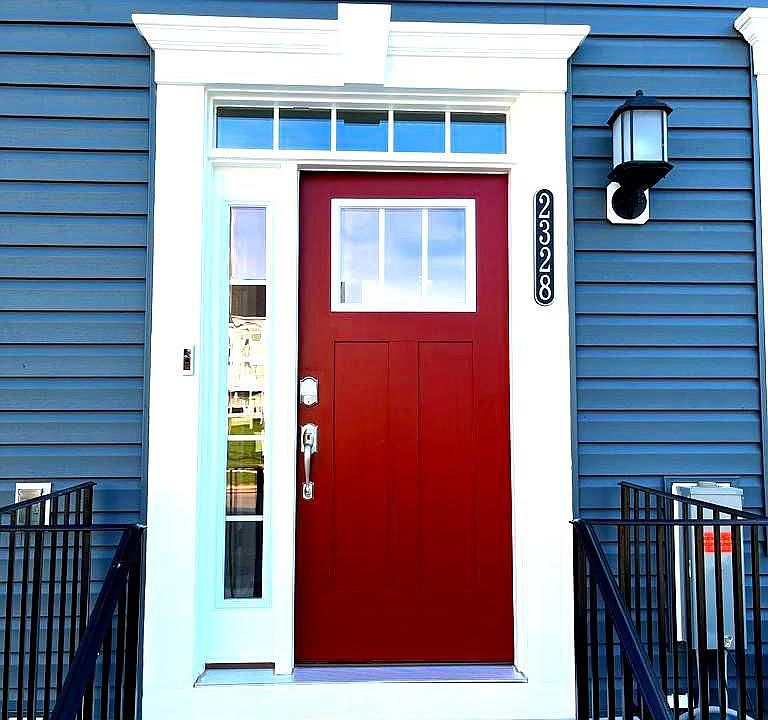

EQUAL CREDIT OPPORTUNITY ACT FREE
If they don’t offer any reason, the creditor is required to tell the denied borrower that they have 60 days to request the reason.ĮCOA also has a Valuations Rule where lenders must notify a borrower of their right to receive copies of any appraisals and valuations-and provide a free copy after they’re completed. If the application is rejected, the creditor will give the applicant an adverse action notice explaining the reasons why. Who enforces ECOA?Īccording to ECOA, creditors must give potential borrowers written notice that their completed application was rejected or accepted within 30 days of receiving it. But being divorced can’t factor into any credit decisions. For instance, a mortgage lender can ask a potential borrower whether their income includes alimony from a former spouse. There’s some related information that lenders can use to make credit decisions, though. And answering the questions is optional for borrowers. However, they can’t use the answers as criteria in any credit decisions or to treat borrowers differently.

Lenders may ask questions about these characteristics on a credit application or in a credit interview in order to help enforce ECOA and other anti-discrimination laws. If a person is exercising consumer protection rights.Whether someone is receiving aid from a public assistance program, such as Social Security Disability Insurance.Age, beyond when someone is legally allowed to apply for a loan.Sex, including gender and sexual orientation.So lenders can look at credit scores, credit history, income and current debt.īut creditors can’t do things like charge higher fees, inflate interest rates, change other loan terms or deny a loan or a credit application based on these factors: Under ECOA, lenders can only use criteria related to an applicant’s creditworthiness-or ability to repay the loan-when it comes to things like making credit decisions and extending credit to borrowers.


 0 kommentar(er)
0 kommentar(er)
